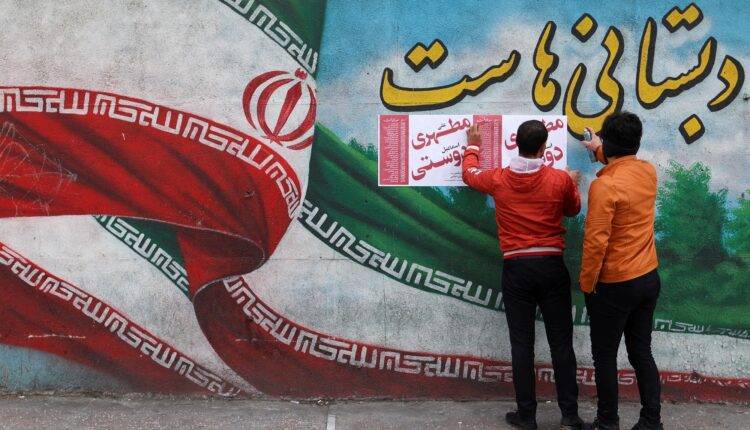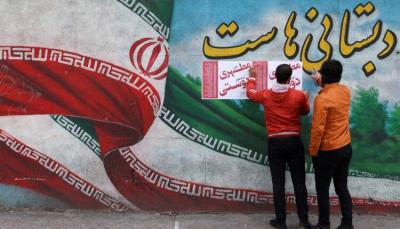Iranians began casting their votes on Friday in the first parliamentary elections since the massive protests in 2022 against mandatory hijab laws following the death of Mahsa Amini. While Iranians are voting to elect a new parliament, increasing frustration over economic issues and dissatisfaction with restrictions on political and social freedoms may lead many to refuse to participate in the voting. The growing discontent regarding economic problems and resentment towards the strict religious rulers imposing limitations on freedoms is likely to keep many people at home.
State television reported that polling stations opened their doors to voters at 8 a.m. (04:30 GMT) and that voting is set to last for ten hours, with the possibility of extending the period. Supreme Leader Ayatollah Ali Khamenei, who described voting as a religious duty, was the first to cast his ballot in Iran. Khamenei urged Iranians to vote "in the early hours," saying, "Vote as quickly as possible. Today, friends of Iran and those who wish it ill are watching the results of the election. Please the friends and disappoint the enemies."
This voting represents the first official measure of public opinion after anti-government protests in 2022 and 2023 turned into some of the largest political upheavals since the Islamic Revolution in 1979. However, with key figures from moderate and conservative factions remaining outside the race and reformists labeling it as an "unfree and unfair election," the competition will be between hardliners and conservatives who declare loyalty to the revolutionary ideals of Iran, which may diminish the rulers' hopes for a high voter turnout.
Official polls indicate that only about 41 percent of Iranians are expected to vote on Friday. University student Mehran, 22, in the central city of Isfahan, stated, "I seek to change the regime, and I've decided not to vote because that will only strengthen the grip of the Islamic Republic. I want to live freely." Khamenei accused the country's "enemies," a term he usually uses to refer to the United States and Israel, of attempting to create despair among Iranian voters.
Zahra, a 26-year-old homemaker in Tehran, said she will vote because "the world will understand that we support our leader (Khamenei). He said voting is our duty." The Ministry of Interior announced that 15,200 candidates will compete for the 290 parliamentary seats, which have little impact on Iran's foreign policy and the nuclear dispute with the West as it is Khamenei who dictates that policy.
Many reformist supporters still have painful memories of how the state dealt with the unrest sparked by the death of a young Kurdish Iranian woman while in custody in 2022, a protest that was suppressed in a violent state crackdown that included mass arrests and even executions. Economic difficulties pose another challenge. Many analysts say a significant number of Iranians have lost faith in the current rulers' ability to solve the economic crisis caused by a combination of U.S. sanctions, mismanagement, and corruption.
While supporters of the regime are likely to vote for hardliner candidates, widespread public anger over declining living standards and pervasive corruption could lead many Iranians to prefer not to vote at all. Iranian activists and opposition groups are widely spreading hashtags on social media calling for a boycott of the vote, arguing that a high turnout would enhance the legitimacy of the current regime. The parliamentary elections coincide with the election of the 88-member Assembly of Experts, a body that has the power to select Khamenei's successor, who is 84 years old.




